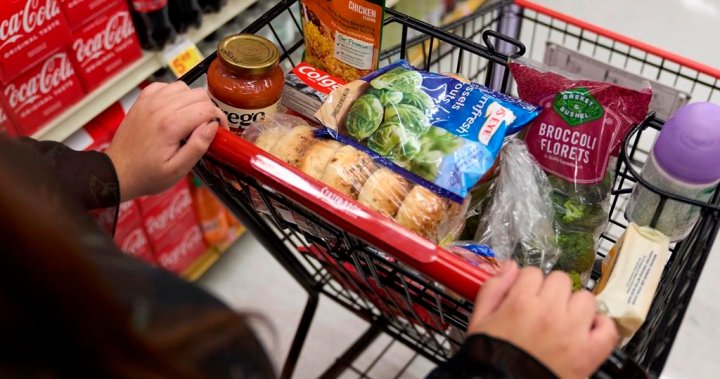Kingston Declares Food Insecurity an Emergency, Joining Growing Chorus for Government Action
The city of Kingston, Ontario, has officially declared food insecurity a state of emergency, becoming the third municipality in the province to do so in recent months. This declaration underscores the growing crisis of food affordability and accessibility across Canada, with Kingston experiencing a particularly sharp increase in the number of residents facing hunger. The city joins Mississauga and Toronto in sounding the alarm, urging both provincial and federal governments to implement concrete solutions to address the root causes of this escalating problem. Kingston’s declaration specifically calls for increased social assistance rates, expanded school food programs, and the exploration of a guaranteed livable basic income.
The severity of the food insecurity crisis in Kingston is stark. According to KFL&A Public Health, the proportion of residents experiencing food insecurity has tripled in just a year, rising from one in nine in 2022 to a staggering one in three in 2024. This drastic increase points to the inadequacy of current social safety nets and the widening gap between income and the cost of basic necessities, particularly food. Councillor Brandon Tozzo, who spearheaded the motion, emphasized that the problem has worsened significantly this year, affecting residents across all areas of the city. The rising cost of living, coupled with stagnant social assistance rates, has pushed an increasing number of individuals and families into precarious situations where they struggle to afford nutritious meals.
A key concern highlighted by the city is the inadequacy of social assistance rates in the face of soaring inflation. Ruth Noordegraaf, Director of Community Development and Well-being, pointed out that the last adjustment to these rates occurred in 2018, leaving a single adult receiving a mere $733 per month – a sum woefully insufficient to cover basic living expenses in today’s economic climate. This stagnation underscores a provincial policy failure that directly contributes to the burgeoning food insecurity crisis. The municipality, while acknowledging its lack of control over provincial social assistance rates, emphasized the direct impact these policies have on the well-being of its residents.
The human cost of food insecurity was powerfully illustrated by Councillor Greg Ridge, who shared a personal anecdote from his childhood. He recounted the anxiety and uncertainty his family faced when his father was injured and their income was disrupted. The hushed conversations about money, his mother’s tears, and the reliance on grandparents for groceries left a lasting impact on him. This personal story served as a poignant reminder of the emotional toll and long-term consequences of food insecurity, particularly on children. It underscored the need for immediate and comprehensive action to prevent future generations from experiencing similar hardships. The data provided by St. Vincent De Paul, showing a dramatic increase in the number of meals served, further reinforces the urgency of the situation.
Kingston’s declaration of a food insecurity emergency outlines a series of concrete actions the city hopes to see implemented by higher levels of government. These include an immediate increase in social assistance rates to reflect the current cost of living, increased funding for existing school food programs, and a commitment to developing a universal school food program. The motion also calls for the establishment of a guaranteed livable basic income, a policy aimed at providing a minimum income floor to ensure all citizens can afford basic necessities. Further, it urges governments to prioritize food insecurity reduction in all policy decisions and political platforms. These recommendations reflect a comprehensive approach that addresses both the immediate needs of those experiencing food insecurity and the underlying systemic issues that perpetuate the problem.
The motion passed by Kingston City Council will be disseminated widely to key decision-makers at all levels of government, including Prime Minister Justin Trudeau, Ontario Premier Doug Ford, local Members of Parliament and Members of Provincial Parliament, as well as municipal and educational organizations, and leaders of all political parties. This strategic distribution aims to amplify the message and exert pressure on governments to take meaningful action. Kingston’s declaration aligns with similar initiatives by Mississauga and Toronto, creating a growing chorus of municipalities demanding urgent action on food insecurity. The mayors of these cities have publicly highlighted the unsustainable nature of the current situation and the need for a collaborative approach involving all levels of government to address the root causes of food insecurity. Their shared call for lasting change emphasizes the urgent need for systemic solutions rather than temporary band-aid measures. The increasing number of municipalities declaring food insecurity emergencies underscores the widespread nature of the crisis and the pressing need for a coordinated and effective response.

